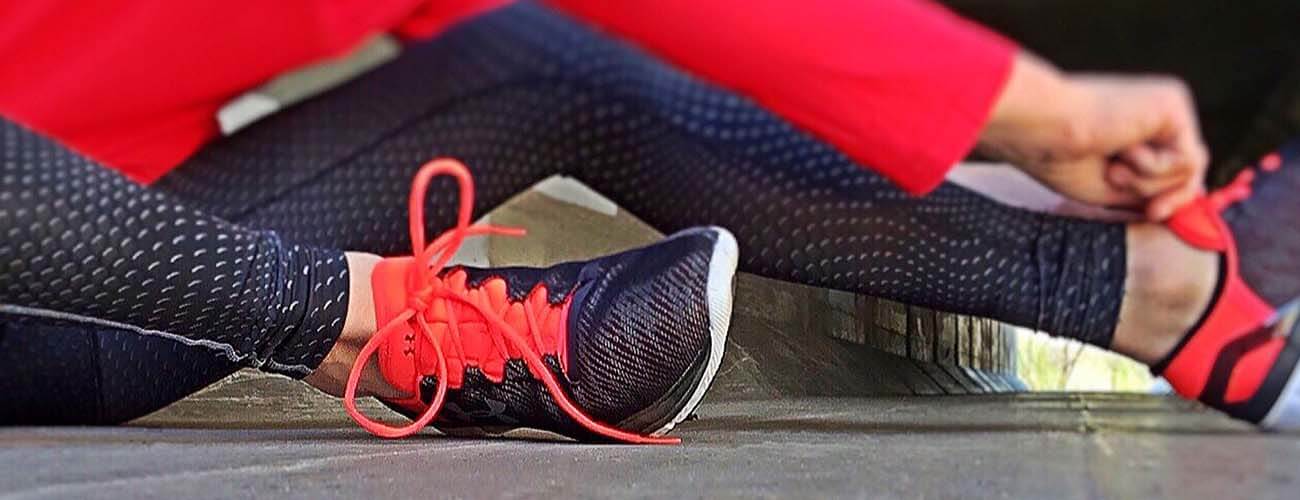
Alcohol addiction is a treatable disorder. Affected individuals have a problem controlling the frequency and amount of alcohol intake. This is despite the numerous negative consequences on health, relationships, and career.
The good news is that help is available and easily accessible.
12th October 2023
Admitting the problem and reaching out for help is the first and most significant step in addiction recovery. People struggling with severe alcohol addiction can get support and guidance at a good alcohol recovery centre.
According to the severity of the issue, the individual may require an inpatient or outpatient rehabilitation programme. Along with this treatment programme, there are other options that can prove beneficial to the recovery process. These include exercise, art therapy, support groups, and counselling.
During the early stages of recovery, exercise can help ease withdrawal symptoms and curb cravings. Any individual in the recovery process needs to start small and increase the intensity of exercise gradually. In the initial stages of recovery, the body may not have the strength to undergo a strenuous exercise program.
Exercise can help undo some or most of the damage of excessive long-term alcohol consumption. Alcohol weakens the human immune system and makes a long-term consumer more susceptible to chronic diseases. Exercise, on the other hand, strengthens the immune system and lowers the risk of many diseases (such as cardiovascular diseases, type 2 diabetes, and certain types of cancer). People may resort to alcohol due to the effects of some physical ailments. Exercise helps alleviate the symptoms of existing medical conditions.
Alcohol can cause unhealthy weight gain and therefore negatively impact body composition. Exercise helps in better management of weight. During the alcohol recovery process, people typically encounter sleep problems. Exercise can help decrease insomnia and other sleep complaints. Physical exercise has effects similar to sleeping pills.
Alcohol addiction can worsen the symptoms of any existing mental health conditions, and may even lead to the development of new mental health conditions. Alcohol addiction and depression form a common combination of co-occurring disorders. During recovery, it is essential to pay attention to mental health as well. Exercise has physical as well as mental benefits.
Physical activity boosts mental health in general. It improves mental clarity, which may help an individual make healthier lifestyle choices. Even a little physical exercise can significantly boost body image and self-esteem. This may increase the commitment of a person to fitness goals and the recovery process.
Stress, anxiety, and sadness are common relapse triggers. During exercise, the brain releases endorphins, the feel-good chemicals. Regular exercise can therefore combat common triggers, prevent relapses, and help the individual stay sober.
Outdoor gyms are a fantastic place to start an exercise journey. Found in parks across the UK they are free to use, so there are no costly memberships, and they are accessible at a time that suits you. Outdoor gyms also provide a wide range of equipment suitable for all abilities. Lower impact options such as the recumbent bike, arm and pedal bike or rider are all excellent options for absolute beginners or those returning to exercise after a long space of time. Over time the level of intensity can be increased, supporting recovery in the long term.
Note: Don’t exert yourself beyond your limits. Talk to your doctor or recovery centre to find the best level of exercise to support your recovery.
Although the recovery process is laced with quite a few challenges, the outcome will make all the efforts worthwhile. Life beyond recovery is free, productive, and happy. The journey of recovery can become easier with regular exercise. A fitness routine brings some form of structure to life, which proves beneficial to recovery. It gives an individual a new purpose. Exercise can effectively complement medical treatment and help accelerate recovery.
Back to all blog posts